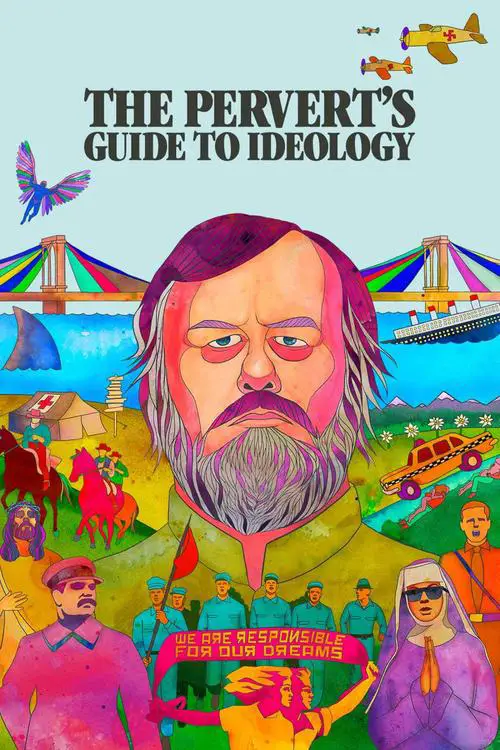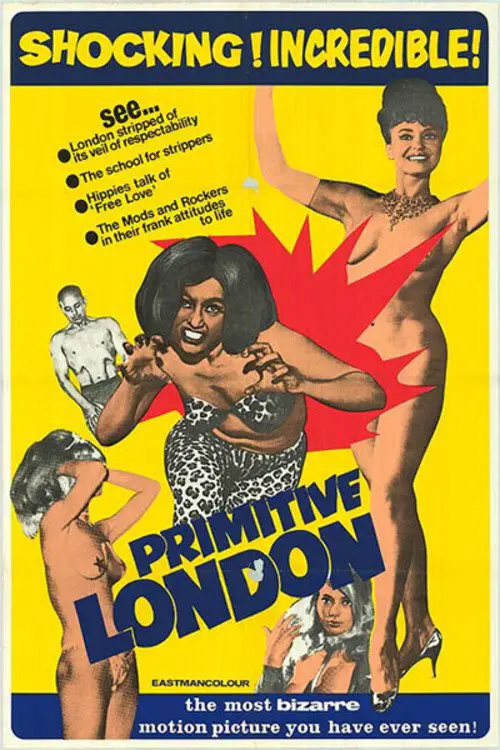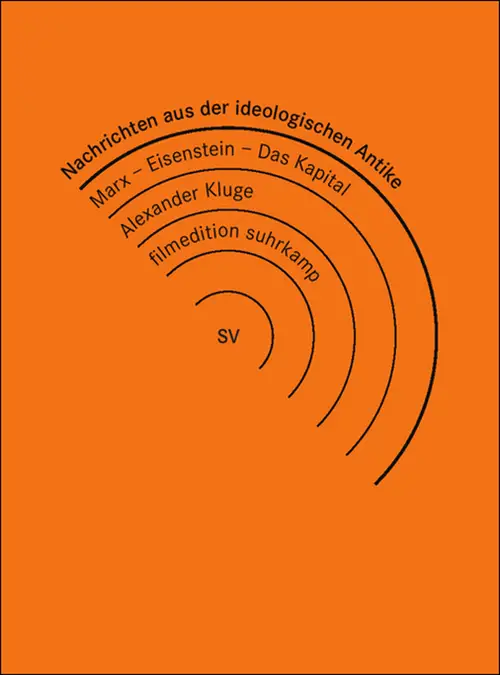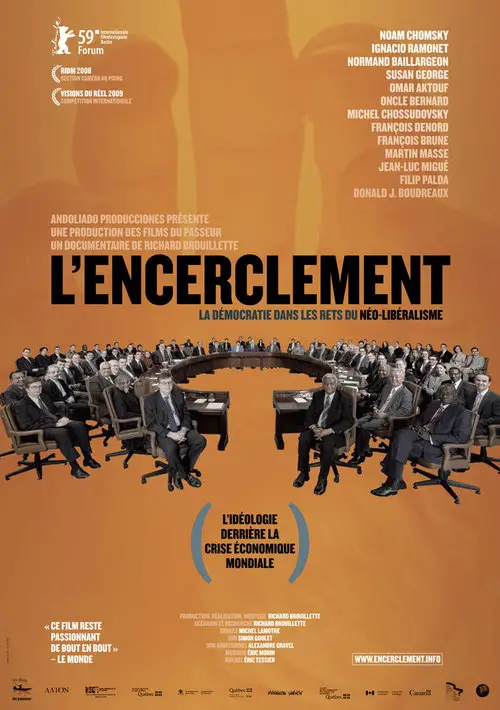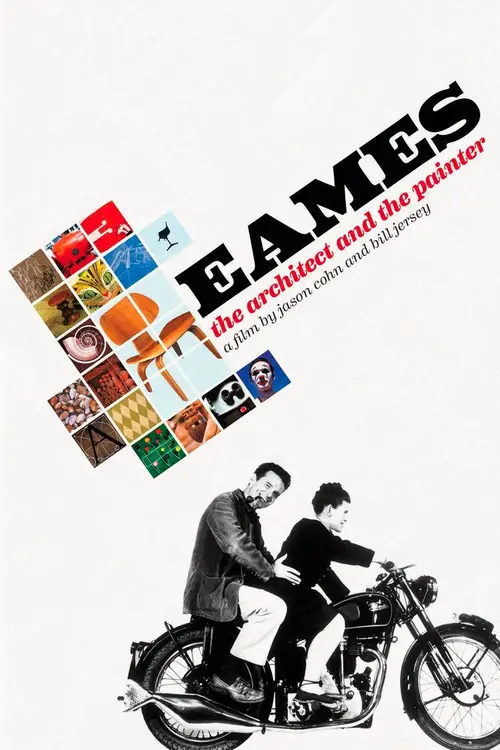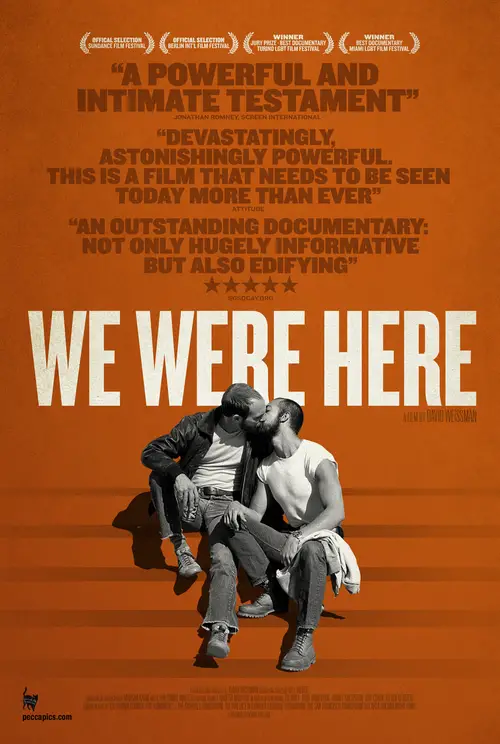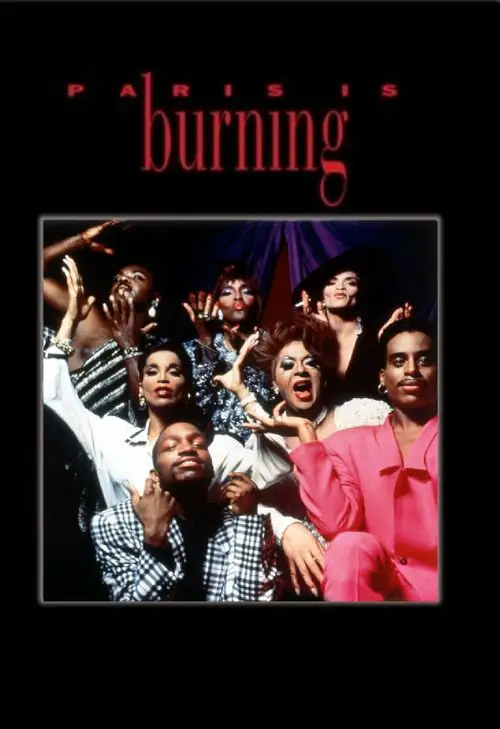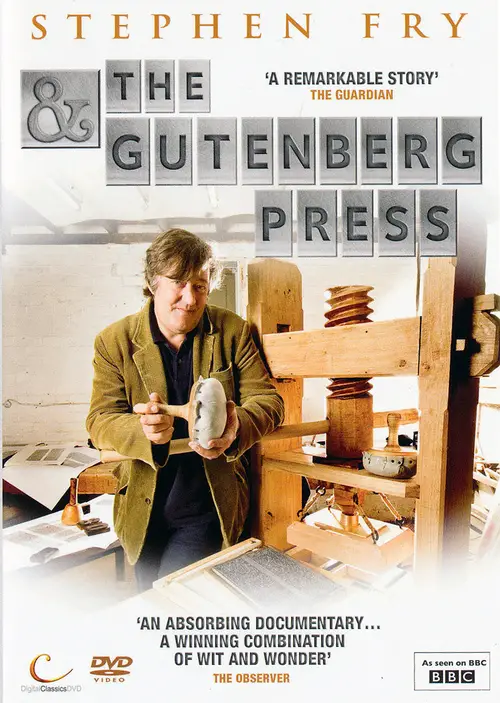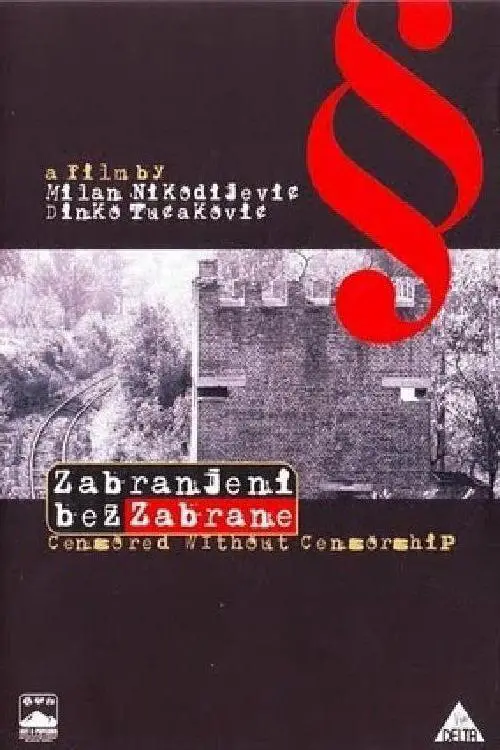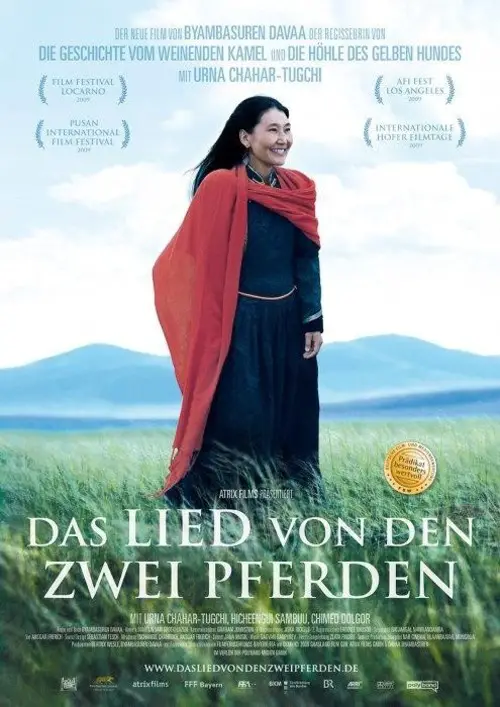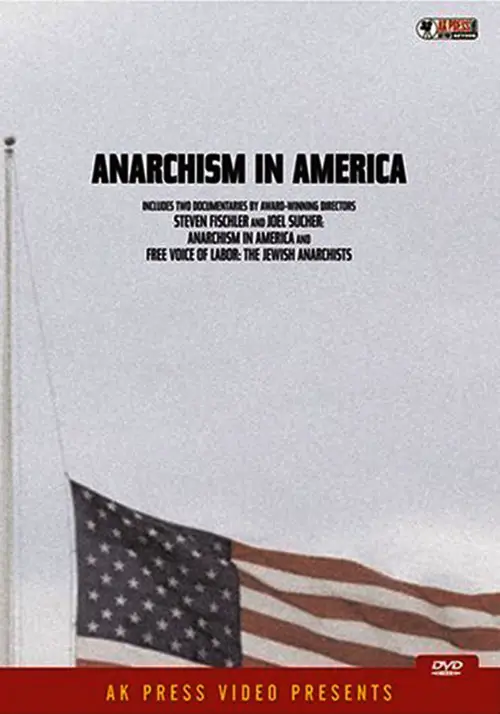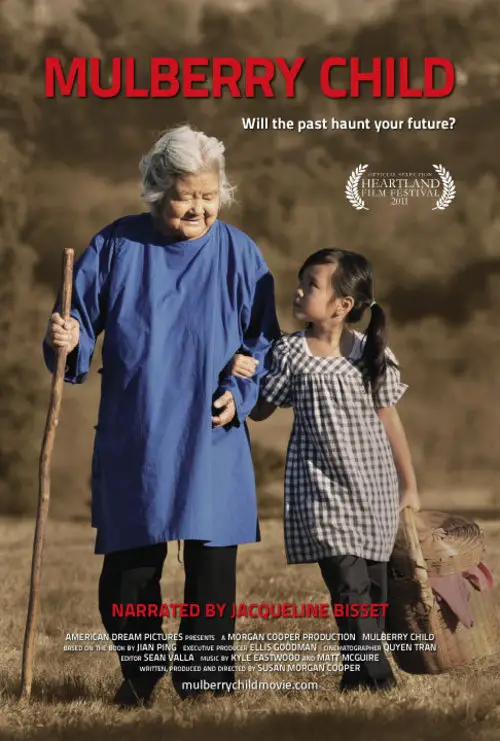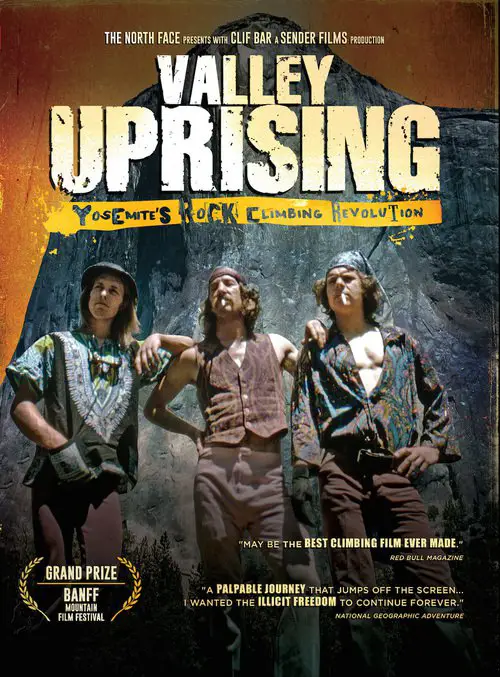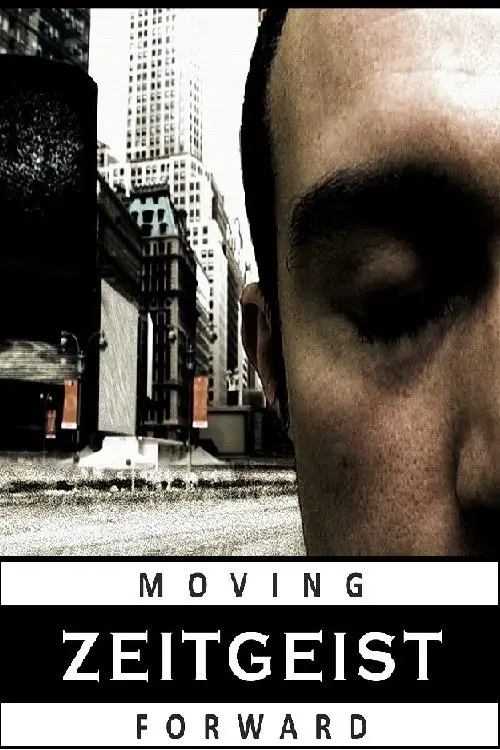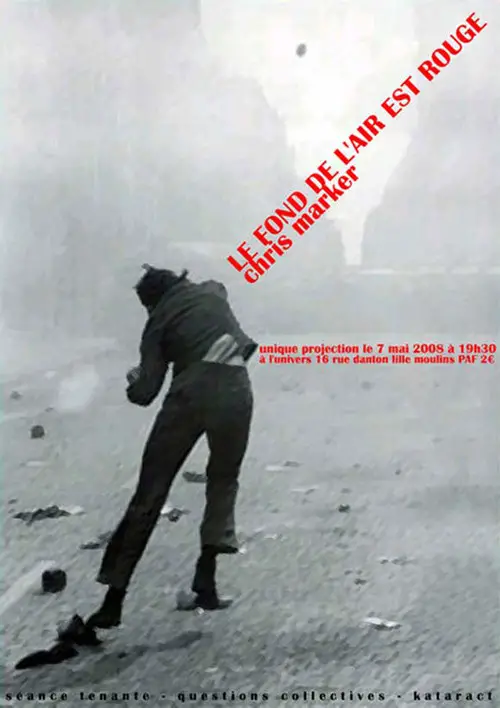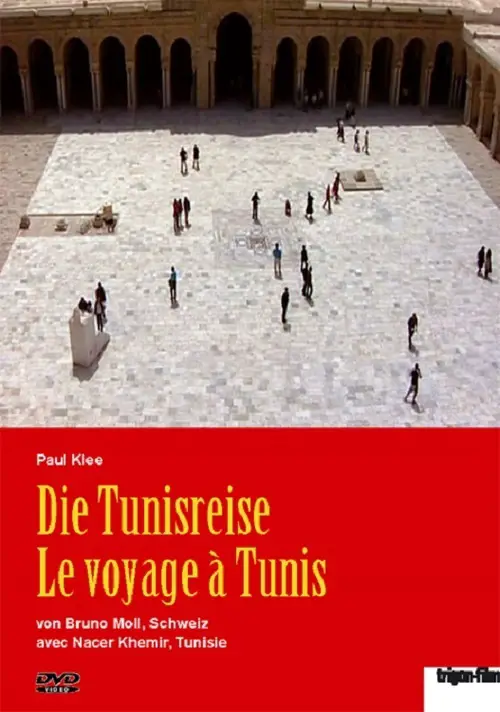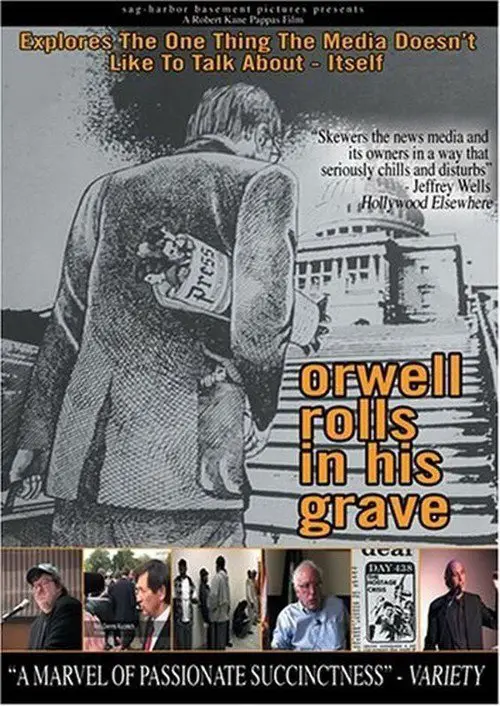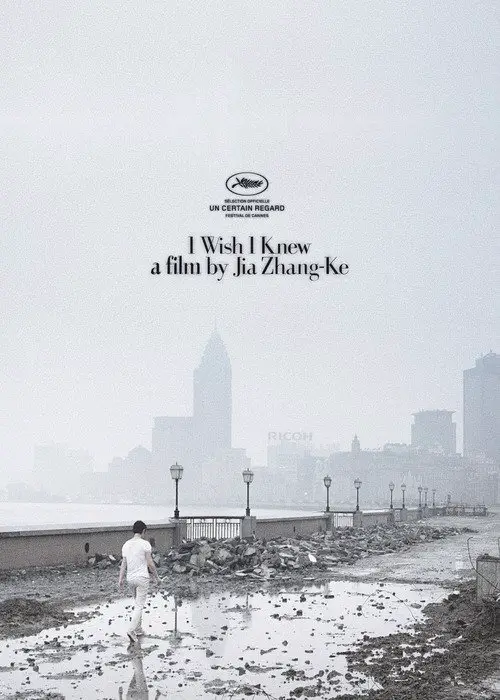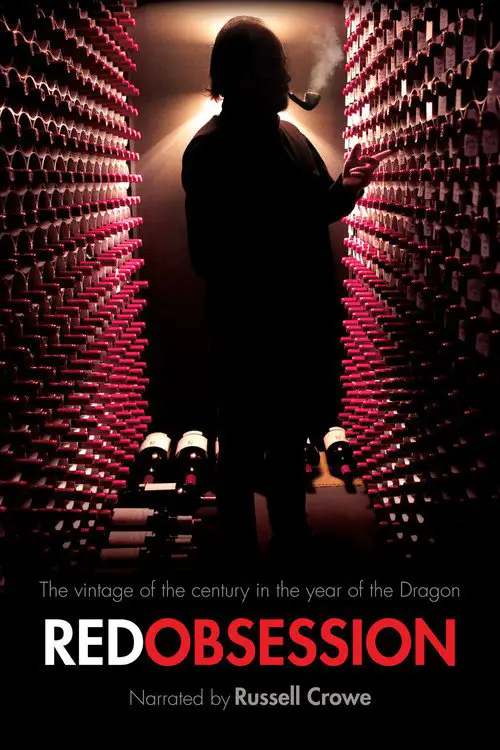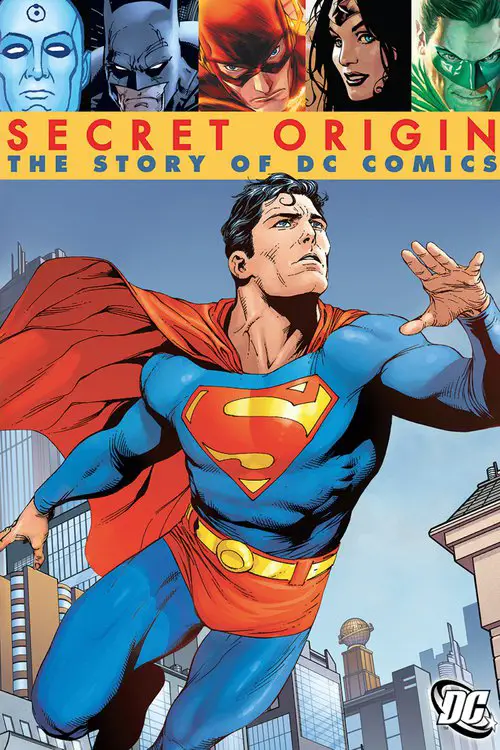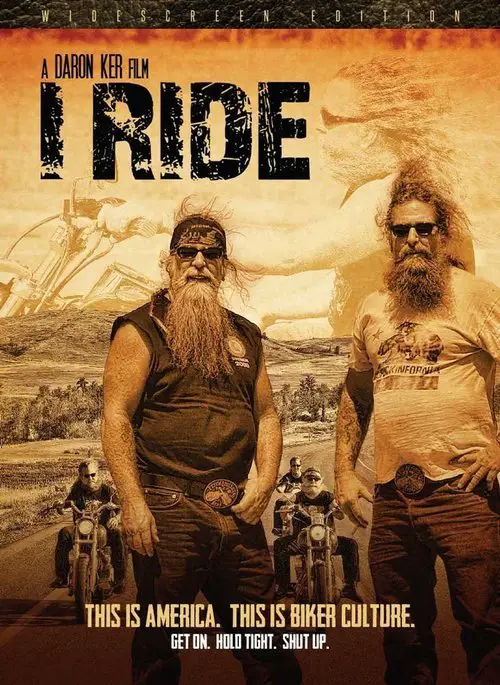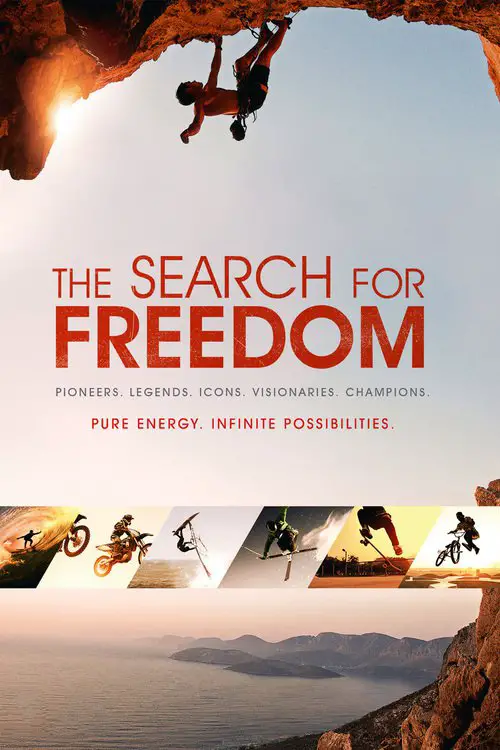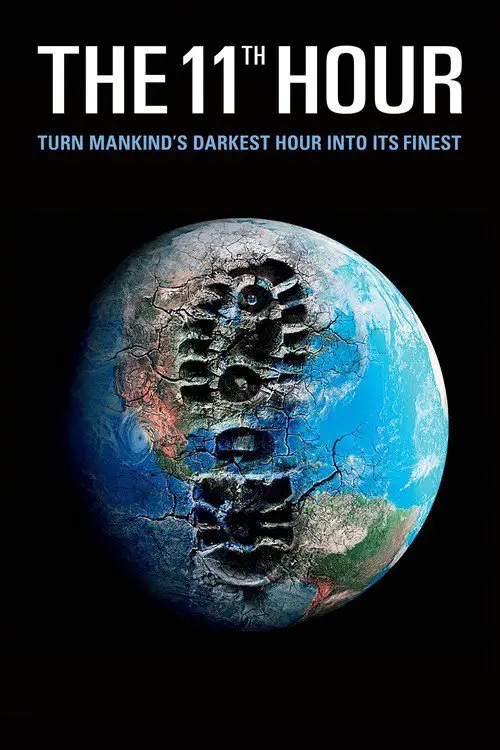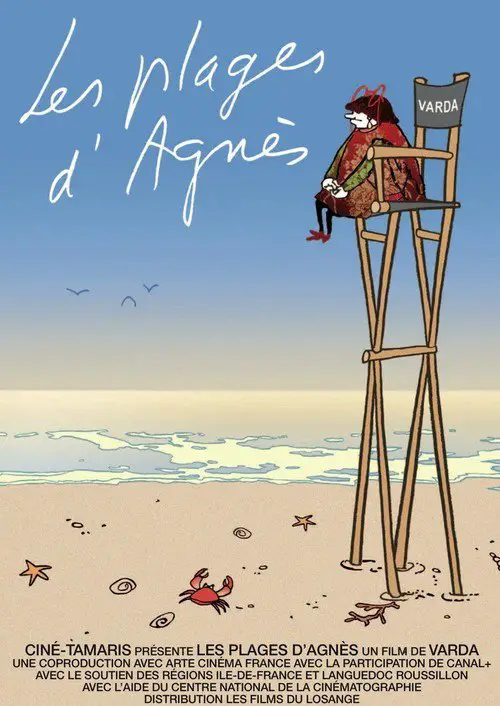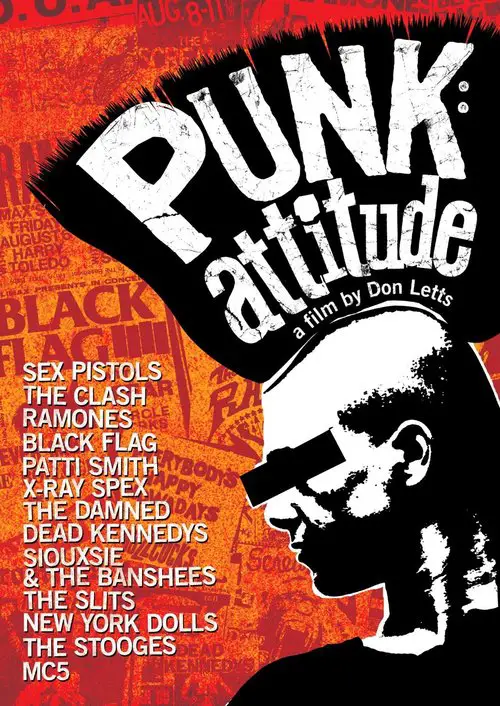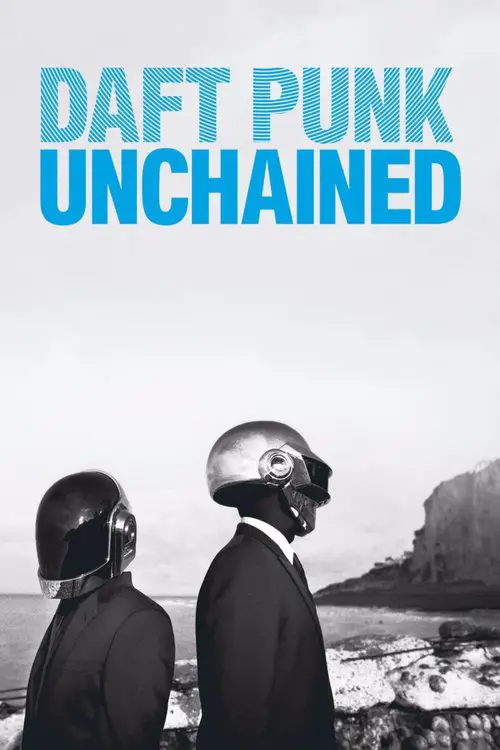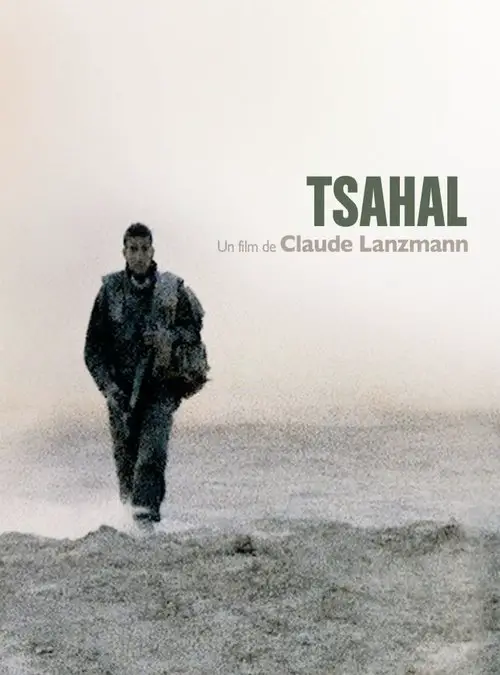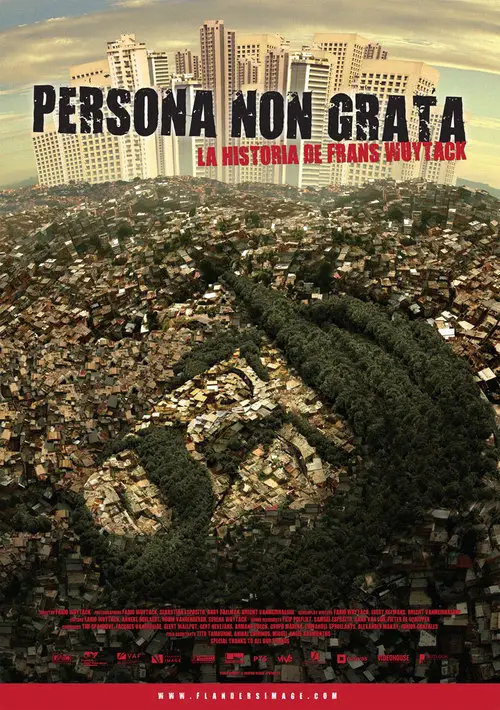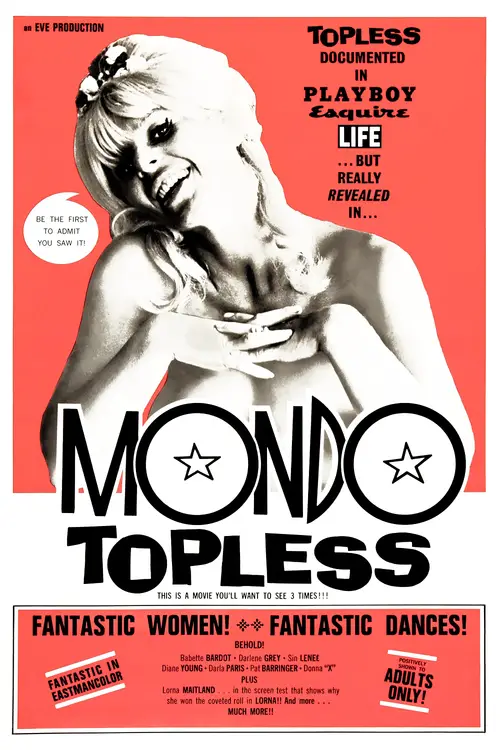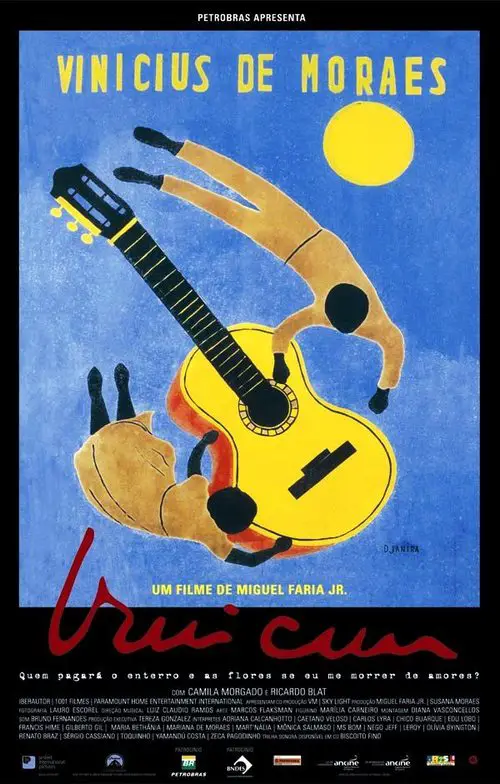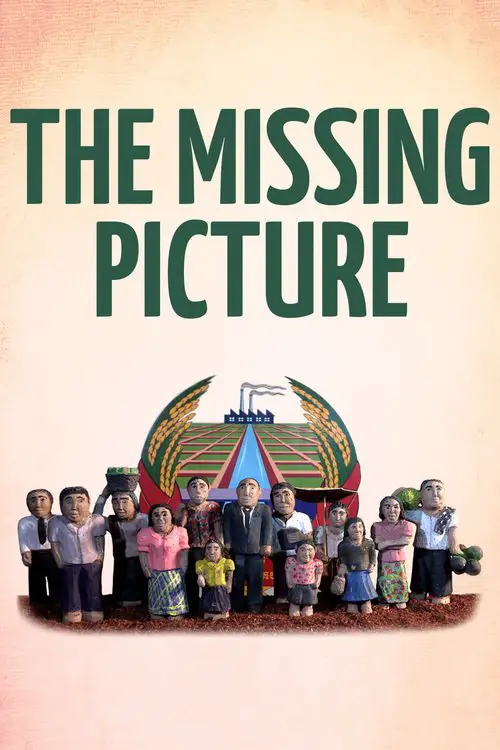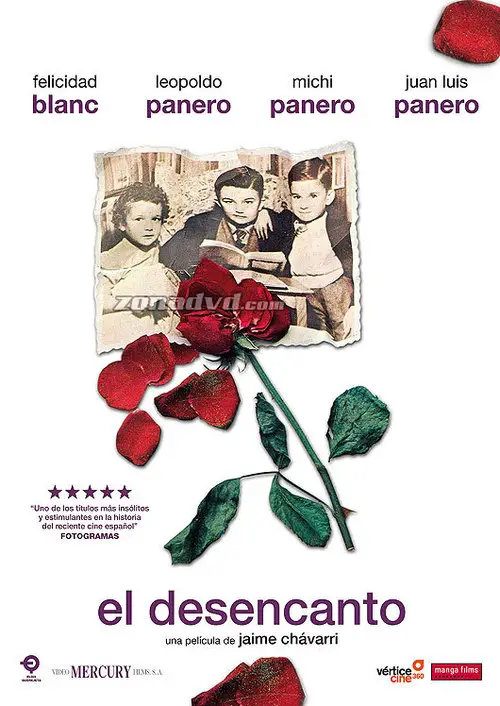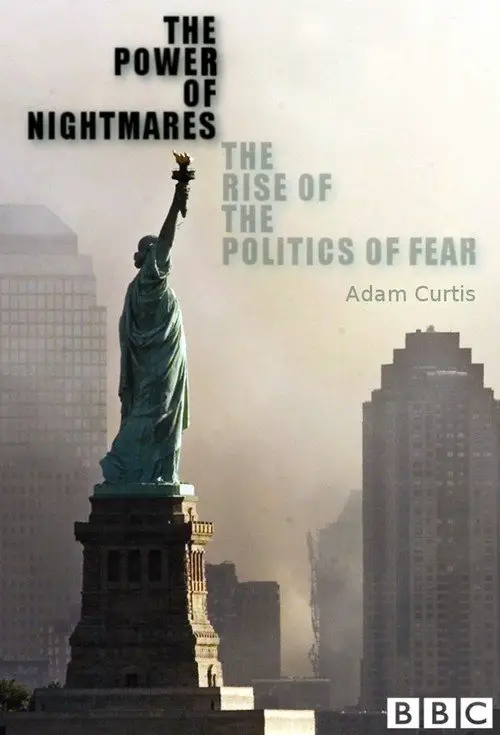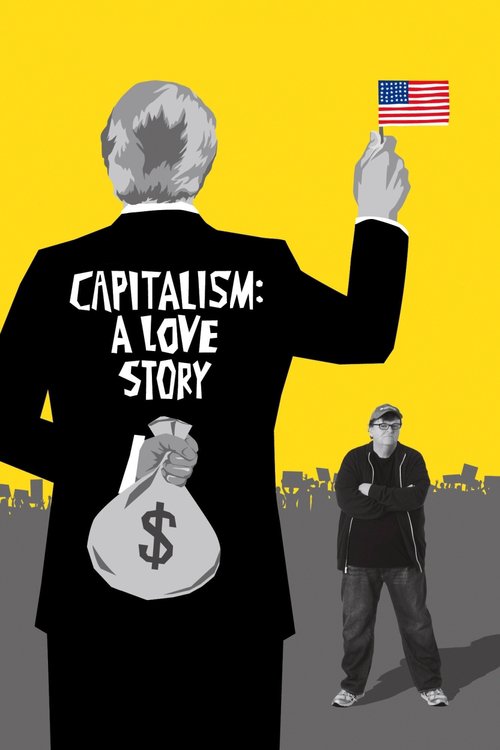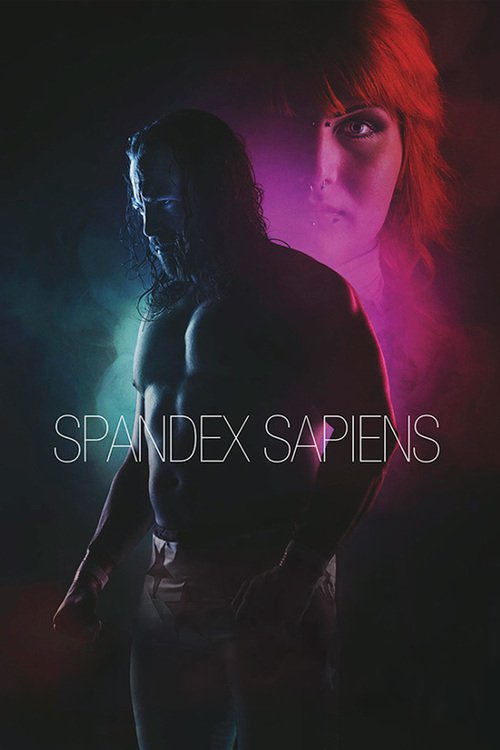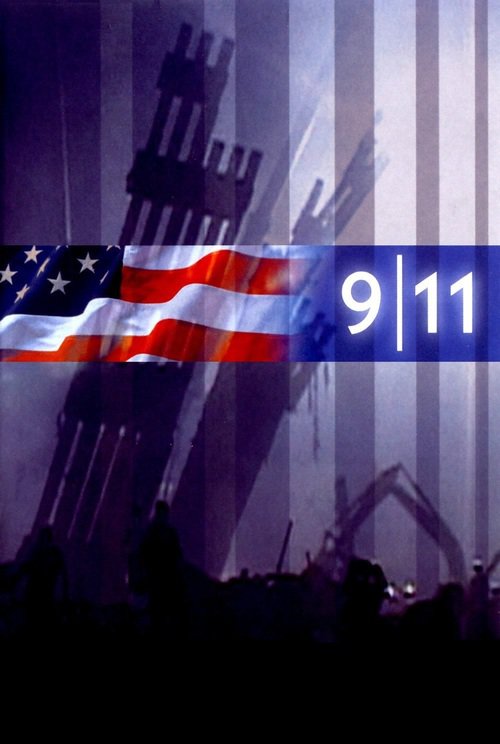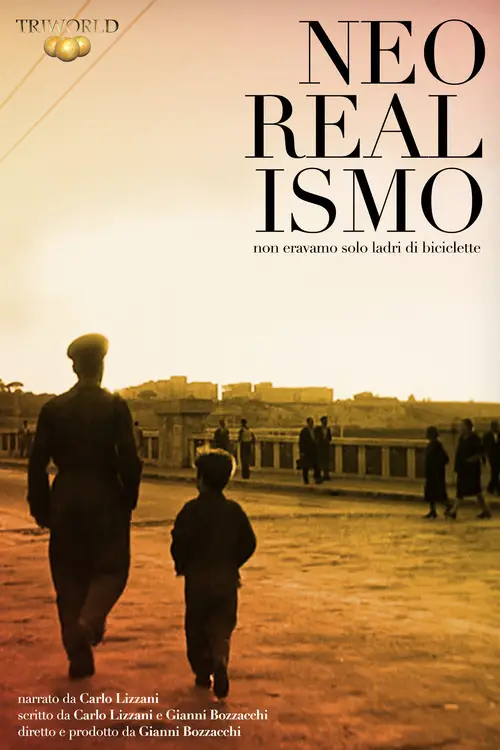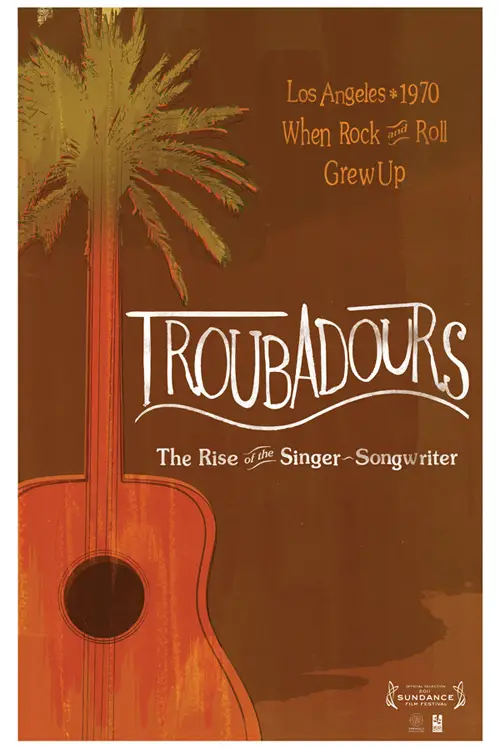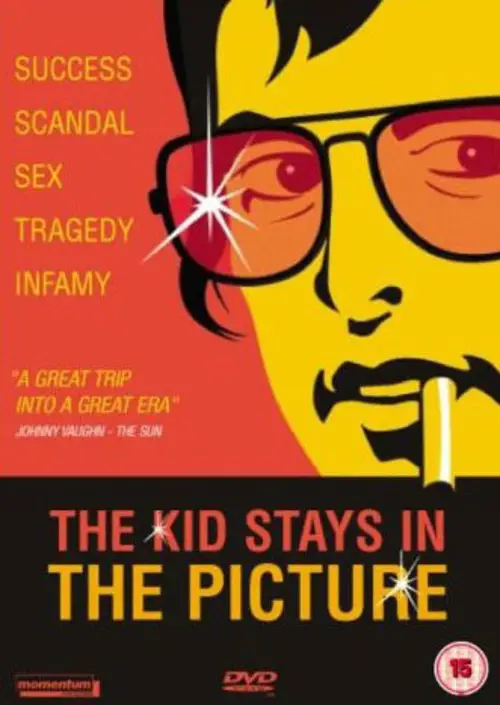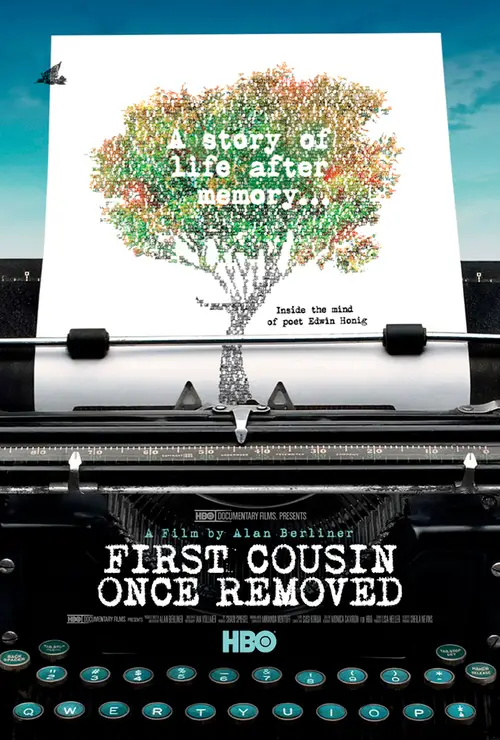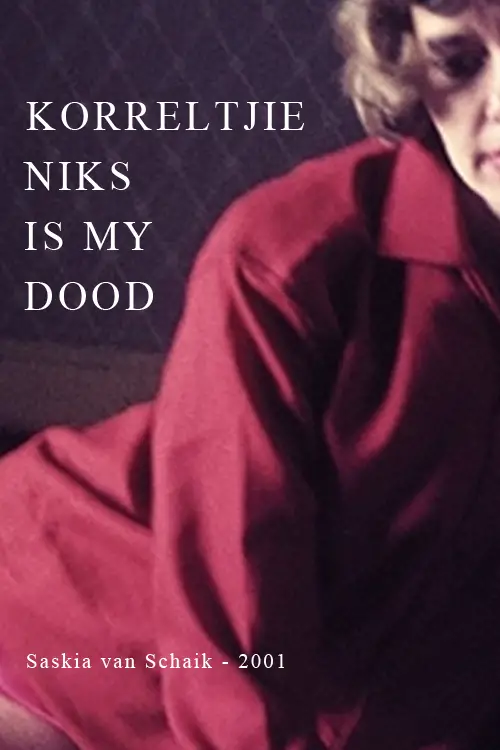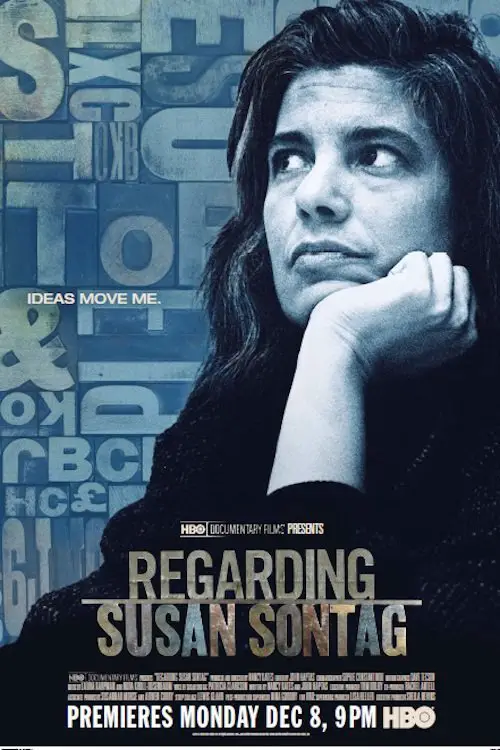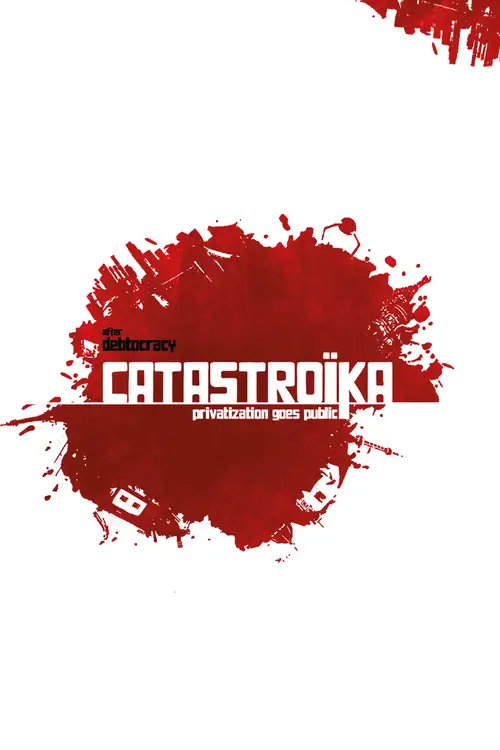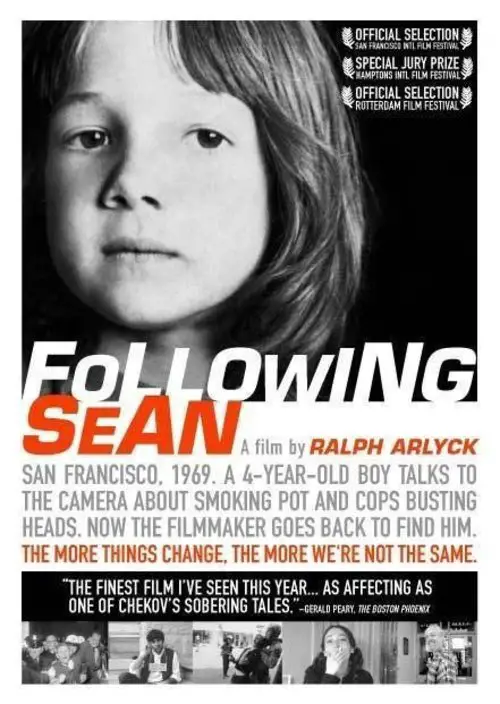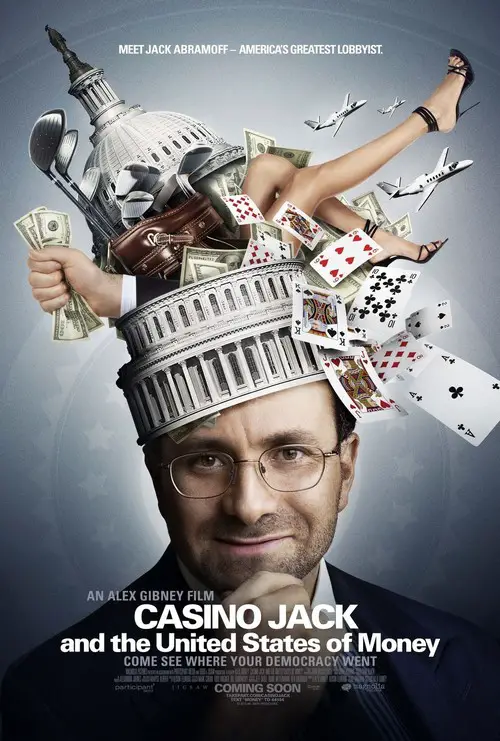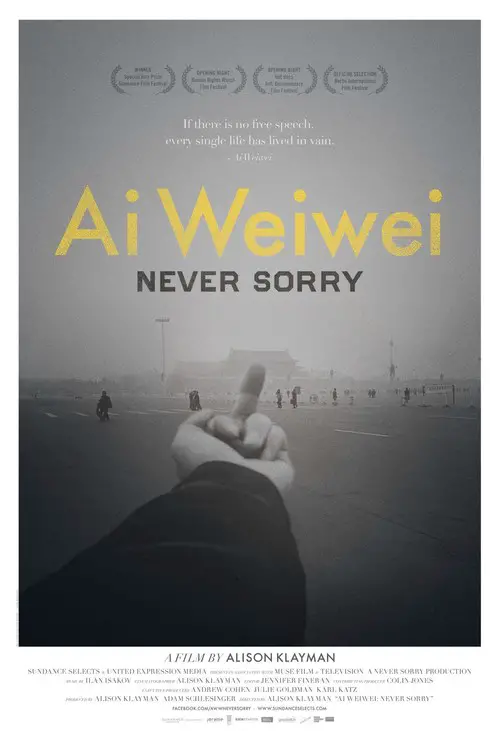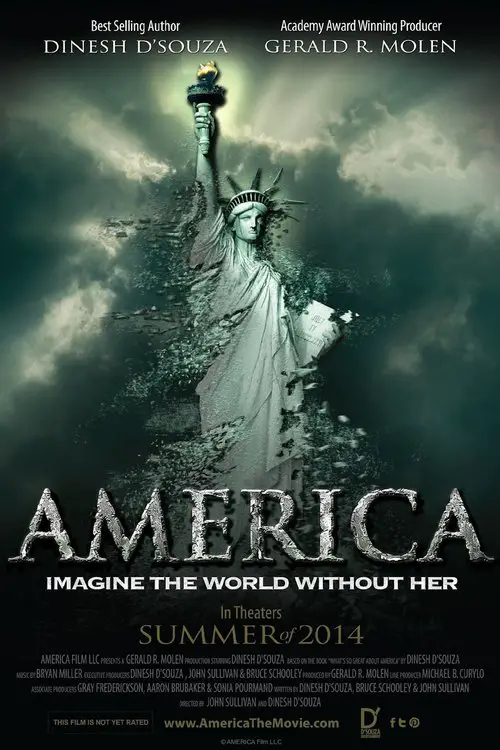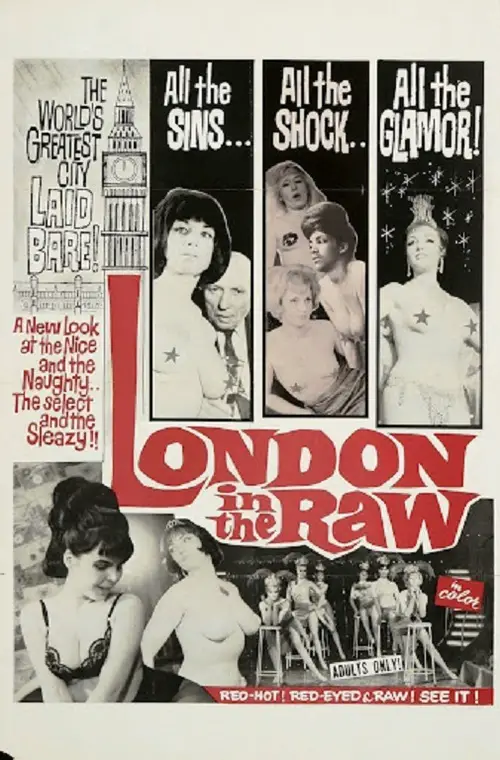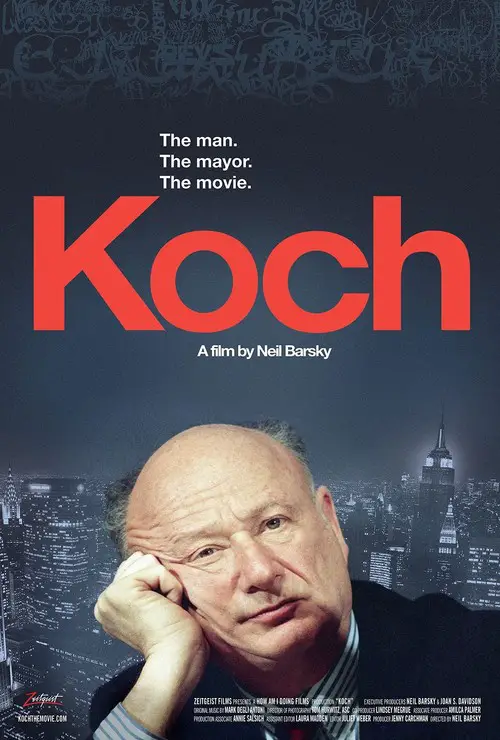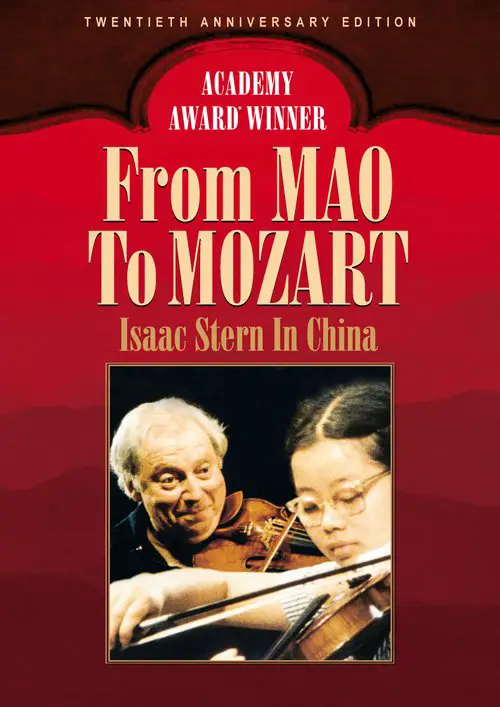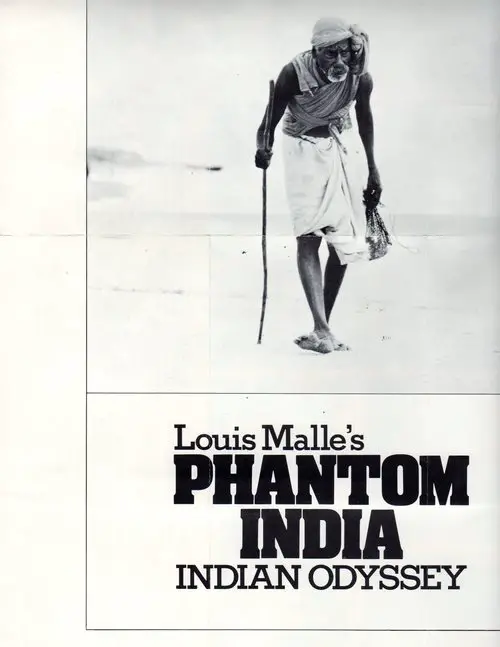Ferlinghetti: A Rebirth of Wonder (2009)
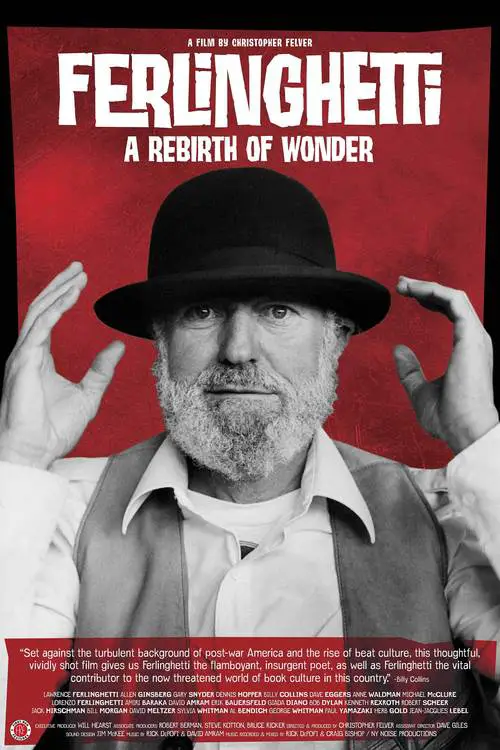
Similar movies
ŽIŽEK! trails the thinker as he crisscrosses the globe, racing from New York City lecture halls, through the streets of Buenos Aires, and even stopping at home in Ljubljana, Slovenia. All the while Žižek obsessively reveals the invisible workings of ideology through his unique blend of Lacanian psychoanalysis, Marxism, and critique of pop culture.
The sensational follow-up to "London in the Raw," "Primitive London" sets out to reflect society's decay through a sideshow spectacle of 1960s London depravityâand manages to outdo its predecessor. Here, we confront mods, rockers and beatniks at the Ace Café, cut some rug with obscure beat band The Zephyrs, smirk at flabby men in the sauna and goggle at sordid wife-swapping parties as we discover a pre-permissive Britain still trying to move on from the post-war depression of the 1950s.
Alexander Kluge's News from Ideological Antiquity begins with Russian filmmaker Sergei Eisenstein's ambitious but unrealized plan to combine Karl Marx's Capital and James Joyce's Ulysses. For over nine hours, the film expands in concentric circles as Kluge, his guests, interlocutors and monologists make associative links on a range of topics that starts from a filmic discussion of Eisenstein's notes.
Four volume documentary set ("Adolf Hitler", "The SS Blood and Soil", "The Enigma of the Swastika", and "Himmler The Mystic") containing mainly B&W as well as some color archival footage, with narration explaining the influences of alternative belief systems (occult, paganism, mysticism, etc) on the Nazi ideology and Hitler's personal philosophy. Also documents the history and development of the ideas and symbols that would be used along with eugenicist racial politics to perpetrate the murder and oppression of millions during World War II.
The husband-and-wife team of Charles and Ray Eames were America's most influential and important industrial designers. Admired for their creations and fascinating as individuals, they have risen to iconic status in American culture. 'Eames: The Architect & The Painter' draws from a treasure trove of archival material, as well as new interviews with friends, colleague, and experts to capture the personal story of Charles and Ray while placing them firmly in the context of their fascinating times.
'We Were Here' is the first film to take a deep and reflective look back at the arrival and impact of AIDS in San Francisco, and how the City's inhabitants dealt with that unprecedented calamity. It explores what was not so easy to discern in the midst of it all - the parallel histories of suffering and loss, and of community coalescence and empowerment.
Paris Is Burning is a 1990 documentary (directeor Jennie Livingston) filmed in the mid-to-late 1980s, chronicling the ball culture of New York City and the poor, African American and Latino gay and transgendered community involved in it. Many consider Paris Is Burning to be an invaluable documentary of the end of the "Golden Age" of New York City drag balls and exploration of queer culture
Through the conversation with Yugoslav film authors and excepts from their films, this documentary tells a story of a film phenomenon and censorship, and its focus is, in fact, a painful epoch of Yugoslav film called "Black Wave". The film tells a great «thriller» story of the ideological madness which characterized the totalitarian psychology.
A promise, an old, destroyed horse head violin and a song believed lost lead the singer Urna back to Outer Mongolia. Her grandmother was forced to destroy her once loved violin in the tumult of the Chinese Cultural Revolution. The ancient song of the Mongols, "The Two Horses of Genghis Khan", was engraved on the violin's neck. Only the violin's neck and head survived the cultural storm. Now it is time to fulfill the promise that Urna made to her grandmother. Arrived in Ulan Bator, Urna brings the still intact parts of the violin - head and neck - to Hicheengui, a renowned maker of horse head violins, who will build a new body for the old instrument in the coming weeks. Then, Urna leaves for the interior to look there for the song's missing verses. But she will be disappointed. None of the people whom she meets on the way appears to still know the old melody of the Mongols.
The Bridge is the controversial documentary that shows people jumping to their death from the Golden Gate Bridge in San Francisco. Director Eric Steel staked out for a year under the infamous bridge filming 23 suicides. The footage was then compiled along with interviews from family, friends, witnesses, and survivors to create this disturbing yet very intriguing documentary.
A colorful and provocative survey of anarchism in America, the film attempts to dispel popular misconceptions and trace the historical development of the movement. The film explores the movement both as a native American philosophy stemming from 19th century American traditions of individualism, and as a foreign ideology brought to America by immigrants. The film features rare archival footage and interviews with significant personalities in anarchist history including Murray Boochkin and Karl Hess, and also live performance footage of the Dead Kennedys.
During the Chinese Cultural Revolution, millions had their lives destroyed...their reputations ruined. Mulberry Child is the story of the persecution and survival of Jian Ping's family during this difficult period. After growing up in Socialist China, Jian must learn to assimilate to a Capitalist world when she migrates to the United States. In pursuit of the American dream, Jian develops an emotional disconnect between her and her privileged American-born daughter, Lisa. Will a trip to the 2008 Beijing Olympics and a journey into the past forge a healthier relationship between mother and daughter? The film teaches us the human capacity for courage and endurance, and shows how the events of the past will affect our future.
In the shady campgrounds of Yosemite valley, climbers carved out a counterculture lifestyle of dumpster-diving and wild parties that clashed with the conservative values of the National Park Service. And up on the walls, generation after generation has pushed the limits of climbing, vying amongst each other for supremacy on Yosemite's cliffs. "Valley Uprising" is the riveting, unforgettable tale of this bold rock climbing tradition in Yosemite National Park: half a century of struggle against the laws of gravity -- and the laws of the land.
Zeitgeist: Moving Forward, by director Peter Joseph, is a feature length documentary work which will present a case for a needed transition out of the current socioeconomic monetary paradigm which governs the entire world society. This subject matter will transcend the issues of cultural relativism and traditional ideology and move to relate the core, empirical "life ground" attributes of human and social survival, extrapolating those immutable natural laws into a new sustainable social paradigm called a "Resource-Based Economy".
Franceâs Bordeaux region has long commanded respect for its coveted wine, but shifts in the global marketplace mean that a new, voracious consumer base in China is buying up this finite product. Bordeaux both struggles with and courts the spike in demand, sending prices skyrocketing. Narrated by Russell Crowe, Red Obsession is a fascinating look at our changing international economy and how an obsession in Shanghai affects the most illustrious vineyards in France.
Since âThe Wild Oneâ in the 1950s the world has been fascinated with the mythic culture of the American biker. Who are these people with the loud motorcycles, leather jackets, tattoos, and long beards? Where are they going as they roar through town in large packs? And what do they do when they arrive wherever theyâre going? I RIDE is the film that finally tells the true-to-life story of the biker community in America. Through the eyes and music of The Fryed Brothers Band, I RIDE will take you on an illuminating road trip through the biker world: bare knuckle fights you actually sign up for, wild bar-b-ques and camp outs, and partying raw and rowdy at some of the biggest hard core biker festivals. This trip will wind up at Sturgis, South Dakota for a Fryed Brother Band performance to end all performances.
THE SEARCH FOR FREEDOM is the story of a cultural revolution fueled by the human desire to live in the moment and do what makes you feel the most alive. We discover how an electrifying new world came about through pure energy and imagination and the infinite possibilities of self-expression available to anyone willing to drop in. This documentary, written and directed by Jon Long (IMAX® Extreme), is a visceral, visual experience told through the eyes some of the brightest pioneers, legends, visionaries and champions of surfing, snowboarding, skiing, skateboarding, mountain biking and more.
A look at the state of the global environment including visionary and practical solutions for restoring the planet's ecosystems. Featuring ongoing dialogues of experts from all over the world, including former Soviet Prime Minister Mikhail Gorbachev, renowned scientist Stephen Hawking, former head of the CIA R. James Woolse
Filmmaking icon Agnès Varda, the award-winning director regarded by many as the grandmother of the French new wave, turns the camera on herself with this unique autobiographical documentary. Composed of film excerpts and elaborate dramatic re-creations, Varda's self-portrait recounts the highs and lows of her professional career, the many friendships that affected her life and her longtime marriage to cinematic giant Jacques Demy.
Daft Punk Unchained is the first film about the pop culture phenomenon that is Daft Punk, the duo with 12 million albums sold worldwide and seven Grammy Awards. Throughout their career Thomas Bangalter and Guy-Manuel de Homem-Christo have always resisted compromise and the established codes of show business. They have remained determined to maintain control of every link in the chain of their creative process. In the era of globalisation and social networks, they rarely speak in public and neither do they show their faces on TV. This documentary explores this unprecedented cultural revolution revealing a duo of artists on a permanent quest for creativity, independence and freedom.
The ideologies underlying the foundation of modern Israel are explored in this documentary, the third of a trilogy (created over a twenty year span) exploring the Jewish experience. The two earlier documentaries, "Porquoi Israel," and "Shoah," have had great effect on the ways documentaries are produced. "Tsahal" zeroes in on the crucial role of the military in Israeli society and politics. The film uses many in-depth interviews to present the many feelings and thoughts about the Israeli military.
Prosecuted as a revolutionary, banned as a priest, arrested as a rebel, celebrated as an artist. This is Frans Wuytack's truly inspiring and overwhelming story. He unchained a social and cultural revolution in the 60's changing the lives of so many people, from the Venezuelan slums to the Belgian Ports. An epic journey made by his son Fabio Wuytack.
Mondo Topless is a 1966 pseudo documentary directed by Russ Meyer, featuring Babette Bardot and Lorna Maitland among others. It was Meyer's first color film following a string of black & white "roughie nudies", including Faster, Pussycat! Kill! Kill! While a straightforward sexploitation film, the film owes some debt to the French new wave and cinéma vérité traditions, and is known to some under the titles: 'Mondo Girls' and 'Mondo Top.'Its tagline: "Two Much For One Man...Russ Meyer's Busty Buxotic Beauties ... Titilating ... Torrid ... Untopable ... Too Much For One Man!"The film was banned in Finland.http://en.wikipedia.org/wiki/Mondo_Topless
The setup of a show is the starting point for the reconstruction of an unparalleled trajectory in the cultural scenery of Brazil. Vinicius' life, his friends, his loves... Author of more than 400 poetries and 400 lyrics to songs, the creative essence of the artist and the daily philosophy, as well as Rio de Janeiro's transformations through rare archive footage, interviews and the interpretation of many of his classics build this wonderful documentary film.
Humanityâs ascent is often measured by the speed of progress. But what if progress is actually spiraling us downwards, towards collapse? Ronald Wright, whose best-seller, âA Short History Of Progressâ inspired âSurviving Progressâ, shows how past civilizations were destroyed by âprogress trapsââalluring technologies and belief systems that serve immediate needs, but ransom the future. As pressure on the worldâs resources accelerates and financial elites bankrupt nations, can our globally-entwined civilization escape a final, catastrophic progress trap? With potent images and illuminating insights from thinkers who have probed our genes, our brains, and our social behaviour, this requiem to progress-as-usual also poses a challenge: to prove that making apes smarter isnât an evolutionary dead-end.
Lonely son of a Canadian preacher man Michael builds the first professional wrestling company in faraway Finland. Young transsexual wrestler Jessica infiltrates into the company contesting Michael both physically and ideologically. Anger and frustration get to Michael who is now 40 years old still looking for companion. He is looking for love, but first must learn not to hate. As Michael finds true love online he redefines his values, and reinvents himself as a wrestler in love.
Unlike the films "World Trade Center" and "United 93", which are dramatizations of the events of September 11, this is an on-the-scene documentary following the events of September 11 from an insider's view, through the lens of two French filmmakers who were in Manhattan on that fateful day. Filmmakers James Hanlon and Jules and Gedeon Naudet were filming a documentary about a rookie New York City firefighter when they noticed a plane fly overhead and hit the World Trade Center. Being with those firefighters who where the first to respond to the tragedy, James Hanlon and the Naudets accompanied them and continued filming from the firemen's perspective. It later became known that their presence allowed them to capture the only known footage of the first plane strike, and from inside the Twin Towers.
This short film tells the story of the most important cinema trend that Italy has ever produced - Neo Realism. Born after the Second World War, this veritable cultural revolution rapidly became a boundless source of inspiration for movie-makers throughout the entire world. Even today it influences those wanting to produce quality movies characterized and identified as Italian products able to be exported as well. It is precisely one of the masters of this unique current rich in different personalities who introduces the story - Carlo Lizzani - whose 'lesson' reconstructs the birth and development of Neorealism in Italy. It combined innovative movie techniques with a new view based on a 'true' interpretation of reality. Due to its high cultural value, this short film was given the highest reknown of the Presidency of the Republic of Italy.
In the wake of the turbulent 1960s, a new style of song and songwriter came to the fore â a style marked by vulnerable introspection and raw, naked emotion. Backed by little more than a lone acoustic guitar or simple piano, these exciting voices descended upon Los Angeles, now emerging as the center of the American music scene. Their epicenter for self-expression became an old beatnik folk club and a fitting name: The Troubadour. TROUBADOURS traces Carole King, James Taylor and the singer/songwriter scene during the late 1960s and early 1970s. The film also interweaves the intriguing story of the 'world famous' Troubadour club that cemented their musical legacy, the mercurial impresario named Doug Weston who ran it, and the performing careers of some of the best songwriters of their generation â and perhaps any generation: Carole King and James Taylor, as well as Jackson Browne, David Crosby, Joni Mitchell, Kris Kristofferson, Bonnie Raitt, Eagles and many others.
In a country where bella figura is a national pastime, Prime Minister Silvio Berlusconi is the maestro of media manipulation. Having risen to political primacy with the aid of his Mediaset empire, he now controls 90% of the bel paeseâs television channels including the state-run RAI network. Quantity, it seems, does not equal quality. Fed on a diet of semi-naked dancing girls, inane competitions and rickety reality shows built around the most ridiculous of premises, is it any wonder that Italians are becoming a nation of fame-hungry wannabes?
On 19 July 1965, the South-African poet Ingrid Jonker walked into the sea near Drieankerbaai in Cape Town at the age of 31. She left behind a little daughter and an oeuvre of three laurelled collections of poems. Jonker's work fell into oblivion, until on 25 May 1994 president Nelson Mandela opened the very first session of the first democratically elected parliament of South Africa with Jonker's poem Die kind wat dood geskiet is deur soldate by Nyanga, a poem from 1960 that refers to the demonstrations near Sharpeville. Mandela chose the poem for good reason; he called Jonker 'both an African and an Afrikaner'. A white person in South Africa cannot get a bigger compliment. In the documentary Korreltjie niks is my dood, director Saskia van Schaik reconstructs the poet's eventful life, making her powerful poetry with its South-African rhythm tell part of the story. (filmcommission.nl)
Regarding Susan Sontag is an intimate study of one of the most influential and provocative thinkers of the 20th century. Endlessly curious and gracefully outspoken throughout her career, Susan Sontag became one of the most important literary, political, and feminist icons of her generation. Nancy Katesâ in-depth documentary tracks Sontagâs seminal, life-changing moments through archival materials, accounts from friends, family, colleagues, and lovers, as well as her own words, as read by Patricia Clarkson.
Filmmaker Ralph Arlyck first met Sean while living as a graduate student in Haight Ashbury at the height of the 1960s. The city was awash with the trappings of Americaâs cultural revolution-the San Francisco State University campus flooded with cops in riot gear, the Haight filled with drifters and idealists, and, on the third floor of Arlyckâs building, a come-one-come-all crashpad apartment. It was from this top floor commune that the precocious 4-year-old Sean would occasionally wander downstairs to visit and talk-and one day Arlyck turned on his camera. Seanâs casual commentary on everything from smoking pot to living with speed freaks was delivered in simple sincerity throughout the soon-to-be famous 15-minute film. This First Child of the notorious decade may have shaken the audience with his simple sentence- âSure, I smoke potâ-but it was his barefoot impishness which would encapsulate the hope that lay in front of the nation: a promise of infinite possibility.
Ai Weiwei is known for many things â great architecture, subversive in-your-face art, and political activism. He has also called for greater transparency on the part of the Chinese state. Director Alison Klayman chronicles the complexities of Aiâs life for three years, beginning with his rise to public prominence via blog and Twitter after he questioned the deaths of more than 5,000 students in the 2008 Sichuan earthquake. The record continues through his widely publicized arrest in Beijing in April of 2011. As Ai prepares various works of art for major international exhibitions, his activism heats up, and his run-ins with Chinaâs authorities become more and more frequent.
Two young North Korean gymnasts prepare for an unprecedented competition in this documentary that offers a rare look into the communist society and the daily lives of North Korean families. For more than eight months, film crews follow 13-year-old Pak Hyon Sun and 11-year-old Kim Song Yun and their families as the girls train for the Mass Games, a spectacular nationalist celebration.
Political commentator, author and filmmaker Dinesh D'Souza puts forth the notion that America's history is being replaced by another version in which plunder and exploitation are the defining characteristics. D'Souza also posits that the way the country understands the past will determine the future. Using historic re-enactments, D'Souza explores the lives and sacrifices of some of America's greatest heroes, including George Washington and Frederick Douglass.
Influenced by the worldwide success of Italian 'Mondo' movies, British low-budget movie mogul Arnold Louis Miller concocted this exploitation-style documentary. Peering behind the grimy net curtains of London life into seedy bars and clubs, and burrowing beneath the glittering façade of the capital's glamorous cocktail lounges and casinos, "London in the Raw" presents a cynical, sometimes startling, vision of life in 1960s London.
© Valossa 2015–2026
| Privacy Policy
